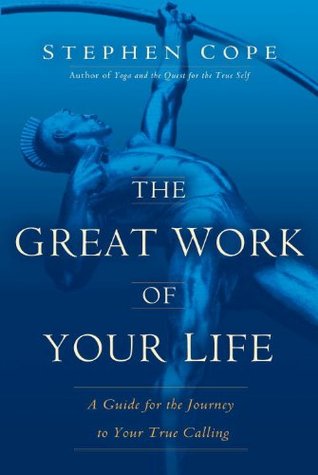More on this book
Community
Kindle Notes & Highlights
“Be resolutely and faithfully what you are,” wrote Henry David Thoreau. “Be humbly what you aspire to be … man’s noblest gift to man is his sincerity, for it embraces his integrity also.”
“A man tracks himself through life,” he wrote. “One should be always on the trail of one’s own deepest nature. For it is the fearless living out of your own essential nature that connects you to the Divine.”
Grandiosity motivates us to try to be bigger than we could possibly be. Devaluing makes us think of ourselves as smaller than we actually are.
“Be resolutely and faithfully what you are,” said Thoreau—not who you think you should be. Thoreau’s early struggle was to be “right-sized.” Not too big, not too small. It was his resolute embrace of a right-sized self that became for him the doorway into a full life.
“Self-emancipation in the West Indies of a man’s thinking and imagining provinces … should be more than his island territory. One emancipated heart and intellect! It would knock the fetters from a million slaves.”
He embraced his work with everything he had. “Behold,” he had written earlier in Leaves of Grass (as if foreshadowing his work in the hospitals), “I do not give lectures or a little charity. When I give I give myself.”
“Strive constantly to serve the welfare of the world; by devotion to selfless work one attains the supreme goal of life. Do your work with the welfare of others always in mind.”
Dharma is born mysteriously out of the intersection between The Gift and The Times. Dharma is a response to the urgent—though often hidden—need of the moment. Each of us feels some aspect of the world’s suffering acutely. It tears at our hearts. Others don’t see it or don’t care. But we feel it. And we must pay attention. We must act. This little corner of the world is ours to transform. This little corner of the world is ours to save.


